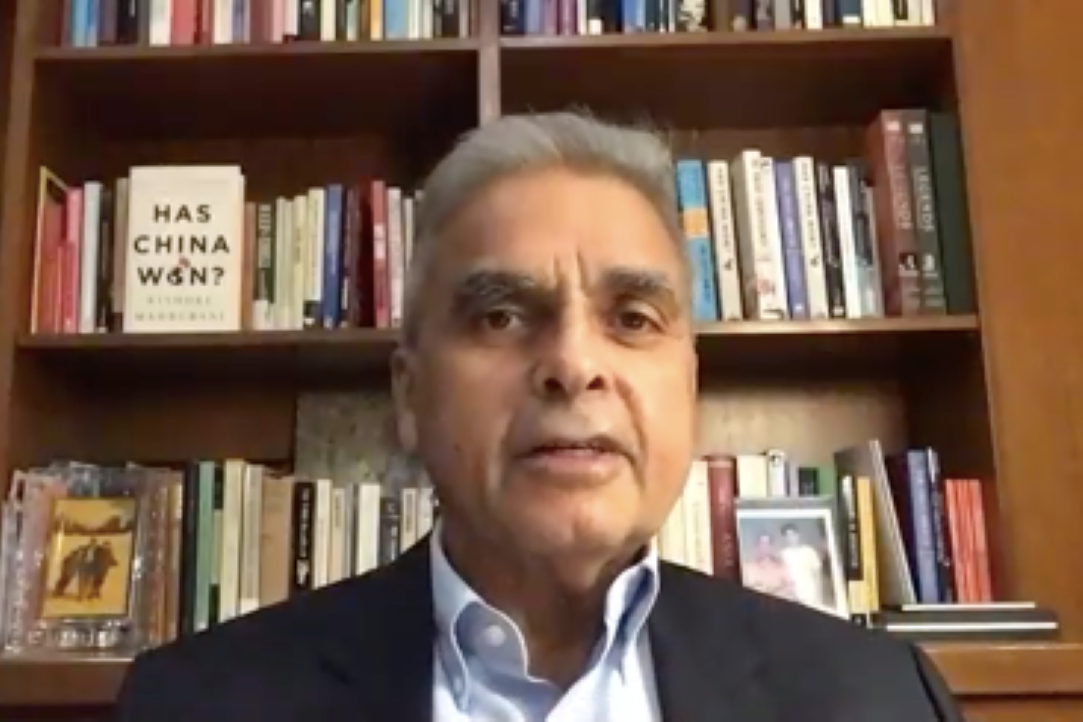Has China Won: Reporting An Event

On the 19th of May 2020 an online seminar was devoted to relations between the US and China and to the Chinese challenge to American primacy. Professor Kishore Mahbubani presented his new book with the title “Has China won?”, which was also the topic of his talk.
Kishore Mahbubani is a Singaporean academic and former diplomat. He is a Distinguished Fellow at the Asia Research Institute (ARI), National University of Singapore (NUS).
Mr. Mahbubani has been privileged to enjoy two distinct careers, in diplomacy (1971 to 2004) and in academia (2004 to 2019). His research interests are in the resurgence of Asia, ASEAN, public policies in Singapore, global geopolitics and global governess. He is a prolific writer who has spoken in many corners of the world. The professor is famous for his controversial book-titles: “Can Asians Think?”, “Can Singapore Survive?”, “Has the West Lost It?” etc.
At first the professor presented his book.
I wrote it with a very simple reason - I see a major global tragedy unfolding in the form of a major geopolitical contests between the United States and China, I can see it coming for a long time, I can see the mistakes have been made by the United States, mistakes have been made by China in the management of this dispute. So, I said why not I, the neutral friend of America, friend of China, try <…> to bring that two sides together hopefully. - Kishore Mahbubani
The goal of the book was to help the sides to avoid the major tragedy.
Mr. Mahbubani made five points which the book brings out: major geopolitical mistakes which were made by the US and China. He quoted five pieces if advice made by George Cannon and reviewed the extent to which the United States and China had complied with them. Through the prism of Sun Tzu’s words («Know the enemy and know yourself; in a hundred battles you will never be in peril. When you are ignorant of the enemy, but know yourself, your chances of winning or losing are equal. If ignorant both of your enemy and yourself, you are certain in every battle to be in peril») he analyzed how thoughtfully both countries realize their long-term strategies. He also reviewed their economic situations, prospects for new economic and political blocs etc.
During Q&A session professor underlined that the China’s goals, essentially, are very simple, very fundamental. Stable world order – is one of the main prerequisites for sustainable development. By contrast, according to the author, the Americans have a common universalizing machine, the Americans that the whole world would be better off if the whole world copies America and becomes mini-Americas. Chinese have no desire to make other countries take over their society. Many complicated questions were asked. Much attention was also focused on China’s modalities for bettering the relationship, not-political inner contradictions between two great societies, social outcomes of 40-year modernization period in China, prospects given the “new face of development” – new evolution way of China’s economy (social oriented, ecologically knowledgeable etc.), an alternative conception of the way a new world order could be constructed.
Event report by
Kristina Kondakova
